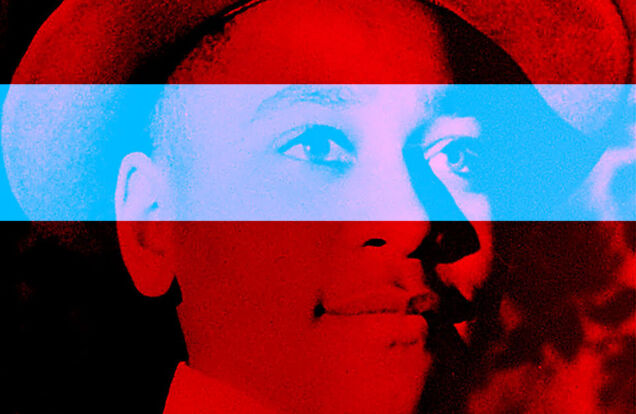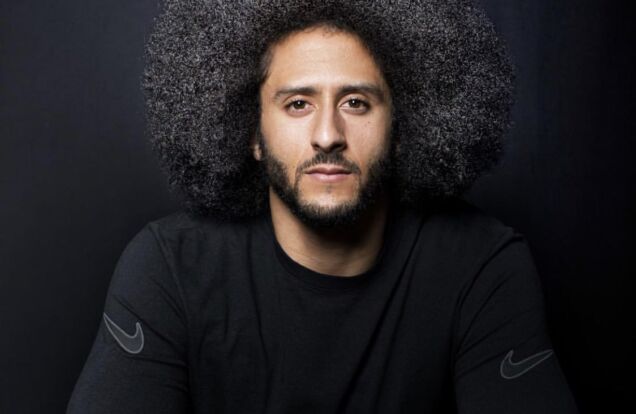NETFLIX’S BLACK LIVES
For the Culture? Or Against it?
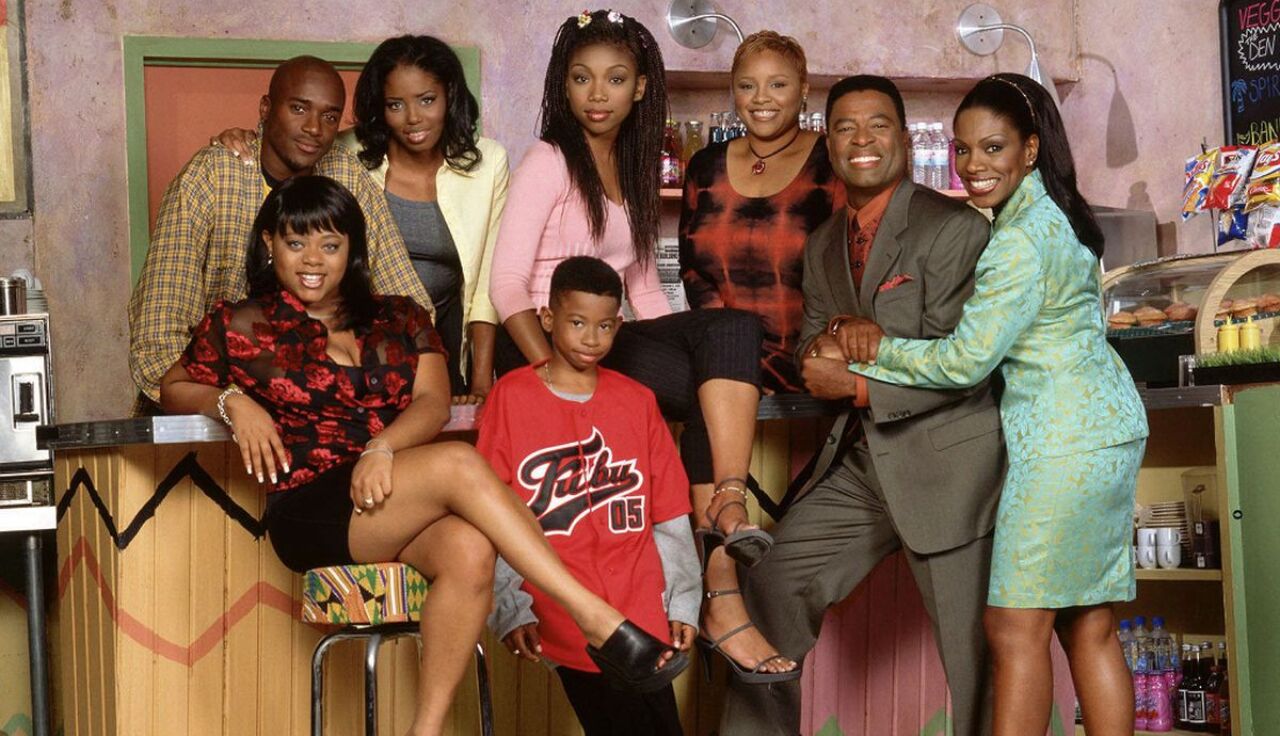

Advantageous? Yes. Marketing ploy? Possibly. But genius? Definitely.
In July, The Strong Black Lead announced that black sitcoms of the 90s and 00s will come to Netflix, from now through mid-October. Shows like Moesha, The Game and Sister, Sister, have been released with more to come. The UPN classic Girlfriends comes to Netflix on September 11th, while The Parkers drop on October 1st, with both One on One and Half and Half rounding out the releases on October 15th.
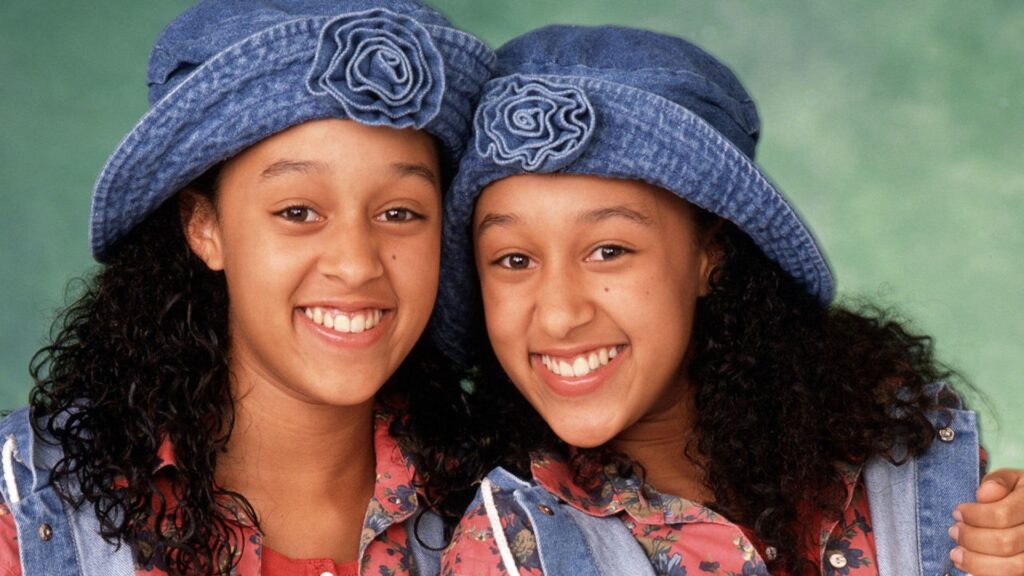
Netflix’s introduction of these sitcoms come with a lot of fanfare. Fans of UPN and NBC’s classics now have a hub readily available this fall. Given recent events, however, the irony behind the release of these shows can’t be understated.
In a time of social unrest and racial strife, it’s quite the timely move to air these shows, once relegated to cable channels such as BET and TV One, on a primary streaming service.
On the one hand, it is a chance to rekindle memories of stars in iconic roles. On the other, it calls in to question whether this announcement is disingenuous for the Black community. It can not be as easy as black and white in business, especially with big money on the line. But the streaming service has been building to this point for years.
With critically-acclaimed shows such as Dear White People and most recently #blackAF, Netflix has brought new viewers, of all colors, into the fold. Documentaries such as 2016’s 13th, Da 5 Bloods and When They See Us have educated new groups to social injustices.
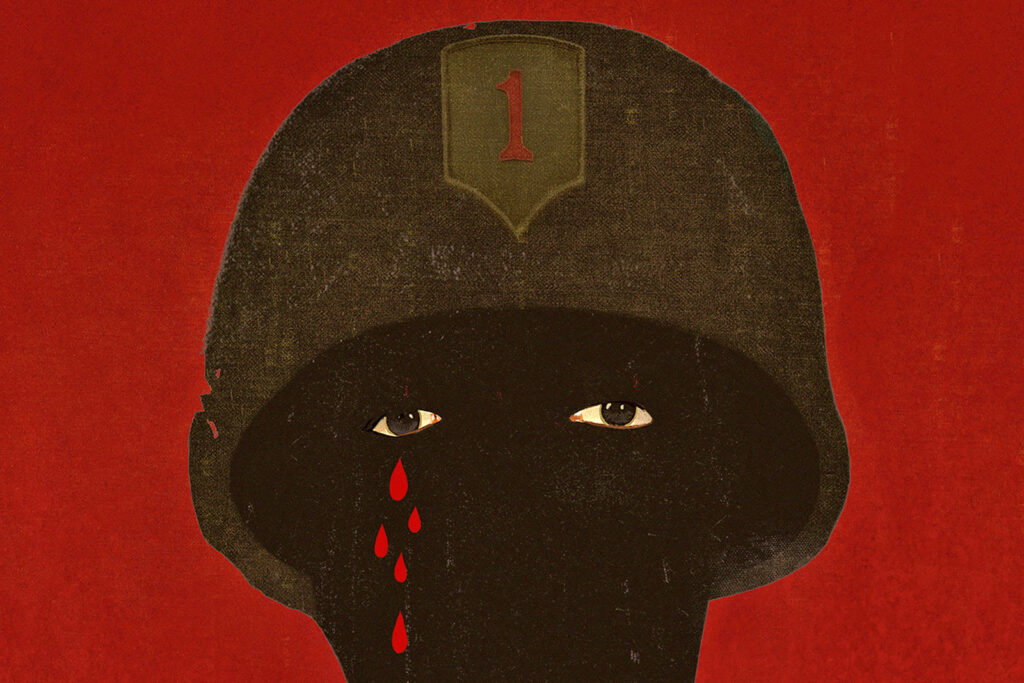
The brand made waves when it announced The Obama family signed a Netflix deal and is scheduled to be a part of multiple projects. One of which, Becoming, was released just weeks before the George Floyd murder.
Netflix has not been the most significant measuring stick of morality in the past, especially with the rumored requests for the new Avatar The Last Airbender Series. Despite that, there’s been a more concerted effort to emphasize variety for a wider range of viewers. UK shows have been well-documented for its presence and the LGBTQ community has a host of shows.
The process may be imperfect, but it provides an expanded spin to what various demos were accustomed to seeing. Before, African-American-themed television revolved around pain and duress. Today, it is different; it includes Black excellence.

